Could genes from a jellyfish-like marine animal lead to the ultimate anti-aging treatment?
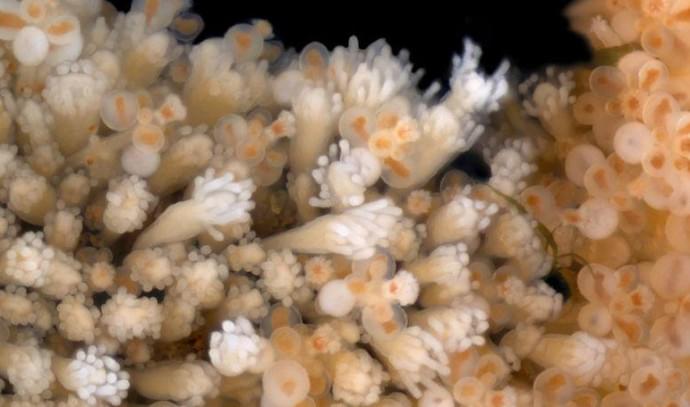

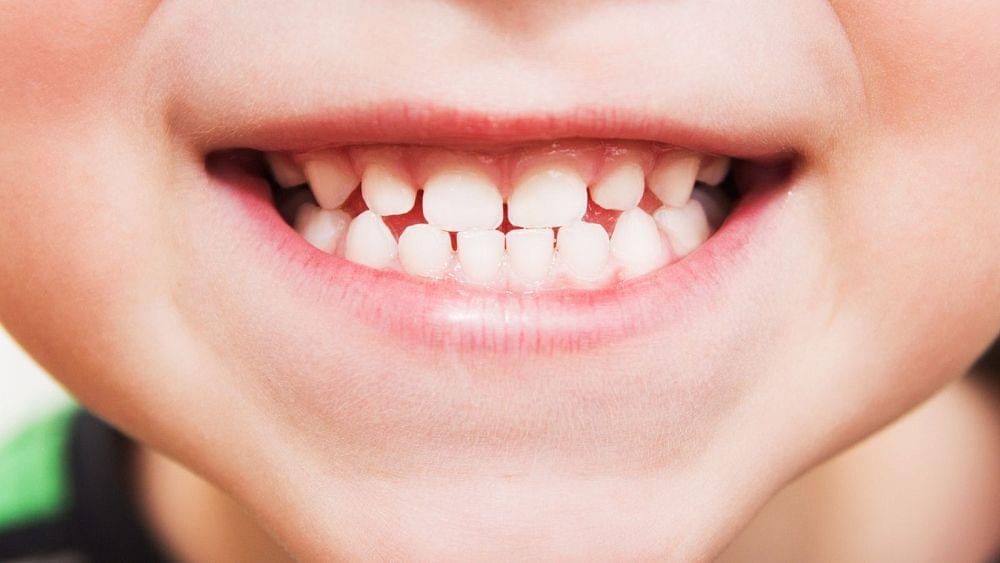
While we are used to the idea of teeth only growing twice, a new drug could make it possible to grow a third set.
Scientists are making significant strides in the development of a groundbreaking drug that could potentially enable the regrowth of teeth.
Clinical trials are scheduled to commence in July next year. They hope it will be available for dentists to use by 2030.
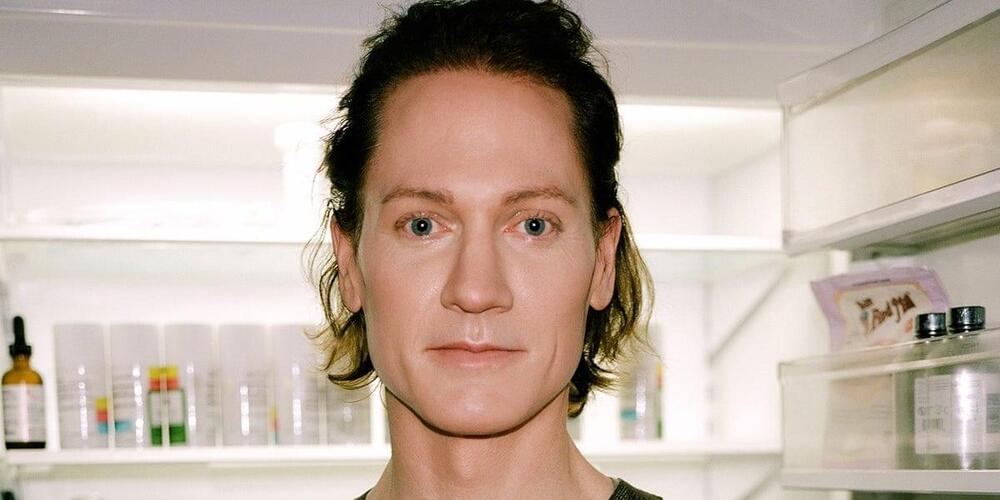

A recent paper published in Nature Aging by researchers from Integrated Biosciences, a biotechnology company combining synthetic biology and machine learning.
Machine learning is a subset of artificial intelligence (AI) that deals with the development of algorithms and statistical models that enable computers to learn from data and make predictions or decisions without being explicitly programmed to do so. Machine learning is used to identify patterns in data, classify data into different categories, or make predictions about future events. It can be categorized into three main types of learning: supervised, unsupervised and reinforcement learning.
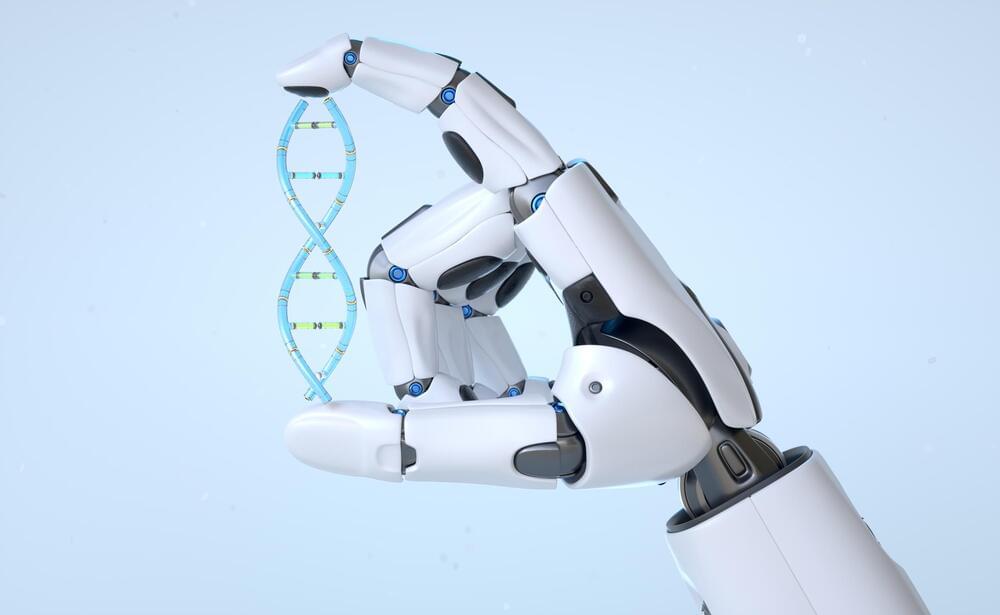
Ark Invest, which is led by CEO Cathie Wood, has been pouring money into semiconductor stocks lately and has made another notable purchase. According to portfolio updates published by the firm yesterday, Wood’s company has increased its investment in Quantum-Si (QSI-6.20%) — a small-cap biotech with a specialized, chip-based platform for protein sequencing.
Ark Invest regularly publishes information about stocks that have been bought and sold for its exchange-traded funds (ETFs), and a recent update showed it purchased more than 1.4 million shares of Quantum-Si stock for its Ark Genomic Revolution ETF (ARKG-1.84%) on Thursday. The purchase would have been valued at roughly $3.7 million based on the stock’s price at market close yesterday, and is the largest investment that Ark has made in the healthcare-tech upstart’s stock so far.
So the question is: Why is Wood excited about this little-known life sciences player?

Scientists have achieved a major breakthrough in combating ageing and age-related diseases. The study by the researchers from Harvard Medical School and Massachusetts Institute of Technology was published in the journal Aging-US.
Humanity’s attempt to prevent ageing: What is the breakthrough?
The researchers have introduced a chemical method through a ‘single pill’ to reprogram body cells, following which the cells effectively return to a younger state.
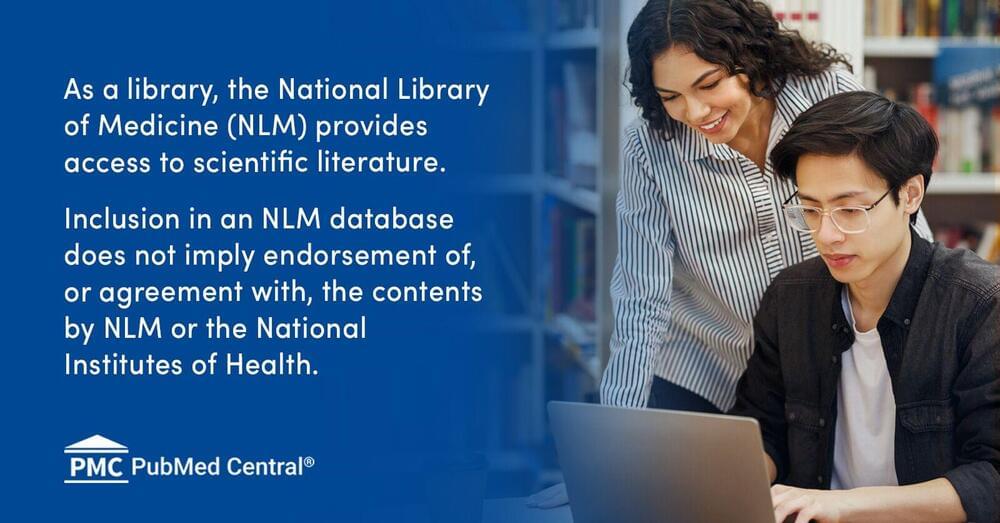
Open Access: This is an open access article distributed under the terms of the CC-BY License. © 2023 Clifford K et al. JAMA Network Open.
Corresponding Author: John C. Woodfield, PhD, Department of Surgical Sciences, Otago Medical School-Dunedin Campus, PO Box 913, Dunedin 9,054, New Zealand (zn.ca.ogato@dleifdoow.nhoj).
Author Contributions: Dr Woodfield had full access to all of the data in the study and takes responsibility for the integrity of the data and the accuracy of the data analysis.
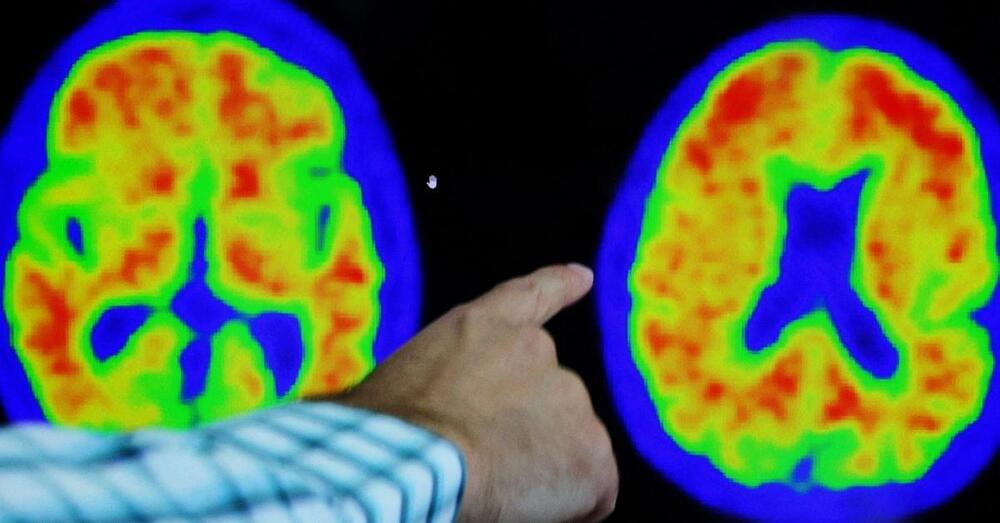
July 16 (Reuters) — Alzheimer’s disease experts are revamping the way doctors diagnose patients with the progressive brain disorder — the most common type of dementia — by devising a seven-point rating scale based on cognitive and biological changes in the patient.
The proposed guidelines, unveiled by experts on Sunday in a report issued at an Alzheimer’s Association conference in Amsterdam, embrace a numerical staging system assessing disease progression similar to the one used in cancer diagnoses. They also eliminate the use of terms like mild, moderate and severe.
The revamp — replacing guidelines issued in 2018 — was prompted by the increased availability of tests detecting key Alzheimer’s-related proteins such as beta amyloid in the blood and new treatments that require confirmation of disease pathology prior to use.

A small selection of volunteers who were completely color blind can now faintly detect a splash of color following retinal gene therapy.
Following the trial by researchers in Israel, three adults and one child who could only sense brightness of light found that after gene therapy they were able to tell a red object apart from its darker background.
Achromatopsia is caused by defects in genes that control cone cells, our eyes’ color-sensors. The approximately 1 in 30,000 people affected see all the vibrant colors of the world as blurry shades of gray.
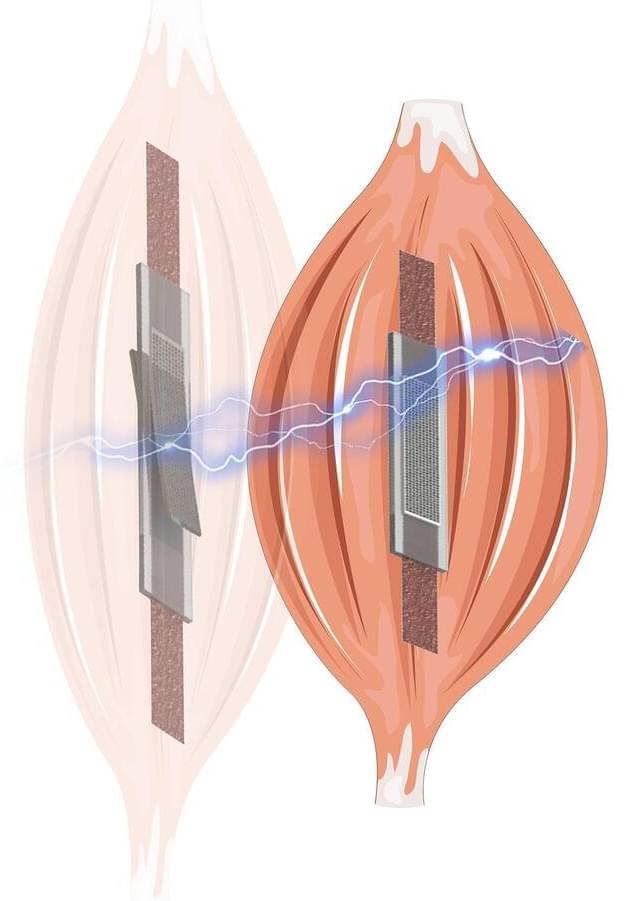
In a study published recently in Advanced Intelligent Systems, researchers from Queen Mary University of London have made significant advancements in the field of bionics with the development of a new type of electric variable-stiffness artificial muscle that possesses self-sensing capabilities. This innovative technology has the potential to revolutionize soft robotics and medical applications.
Muscle contraction hardening is not only essential for enhancing strength but also enables rapid reactions in living organisms. Taking inspiration from nature, the team of researchers at QMUL’s School of Engineering and Materials Science has successfully created an artificial muscle that seamlessly transitions between soft and hard states while also possessing the remarkable ability to sense forces and deformations.
Dr. Ketao Zhang, a Lecturer at Queen Mary and the lead researcher, explains the importance of variable stiffness technology in artificial muscle-like actuators. “Empowering robots, especially those made from flexible materials, with self-sensing capabilities is a pivotal step towards true bionic intelligence,” says Dr. Zhang.